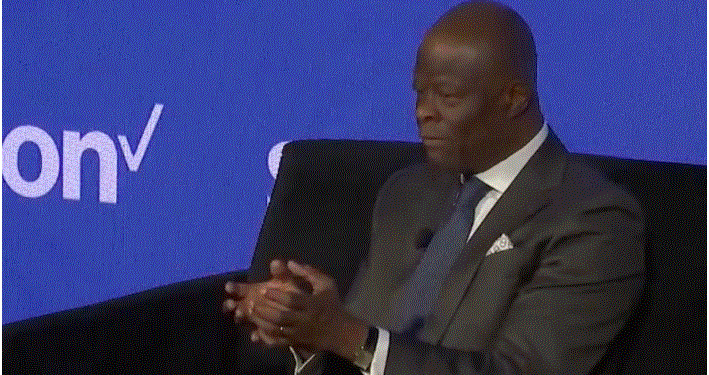Nigeria’s finance minister, Wale Edun, has revealed ambitious targets for the country’s fiscal deficit reduction and oil production during his address at Semafor’s World Economy Summit in Washington D.C. last week.
Edun described the fiscal deficit reduction target as “very much a stretch target” but emphasized its necessity for Africa’s largest economy to decrease its fiscal deficit from approximately 6.1% of GDP to 3.8%. To achieve this, the government is focusing on increasing oil production to at least 2 million barrels per day (bpd). However, in 2023, oil production stood at 1.47 million bpd, falling short of the government’s target of 1.69 million bpd, as reported by the regulator.
Despite Nigeria being typically Africa’s largest crude oil producer, its ability to benefit from increasing oil prices has been hindered by challenges such as theft and pipeline sabotage in recent years. Edun acknowledged these issues but highlighted that the government has made some progress in addressing them.
In addition to boosting oil production, the Nigerian government aims to enhance revenues through improved tax collection efficiency and the imposition of other fees and charges within its jurisdiction. Edun noted the government’s utilization of digital technology to streamline tax collection processes, signaling a modernization effort in revenue generation strategies.
The announcement underscores Nigeria’s commitment to addressing fiscal challenges and leveraging its oil resources to stimulate economic growth. However, achieving the ambitious targets outlined by the finance minister will require concerted efforts in addressing operational challenges in the oil sector and implementing effective revenue mobilization initiatives.
Source: Semafor















